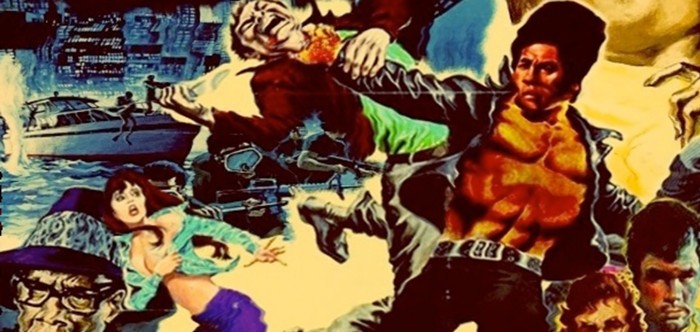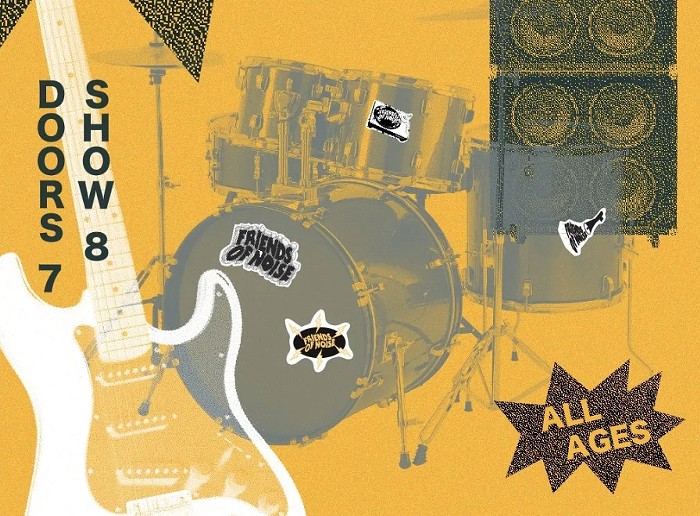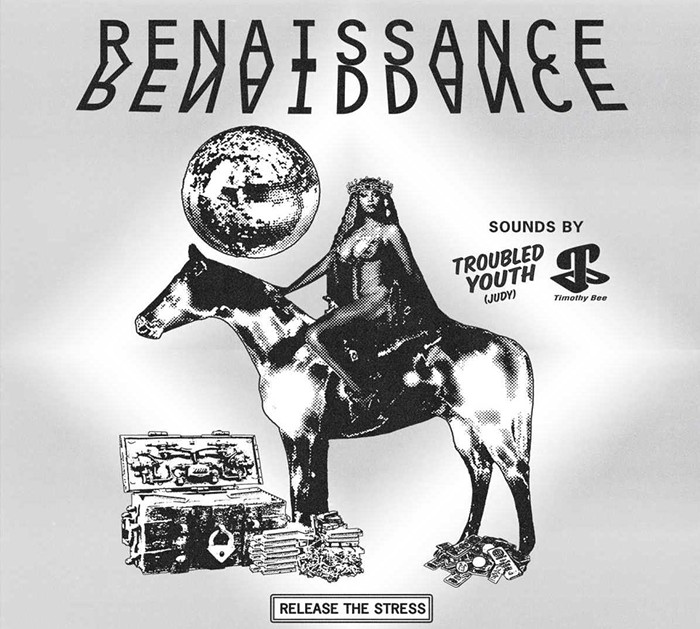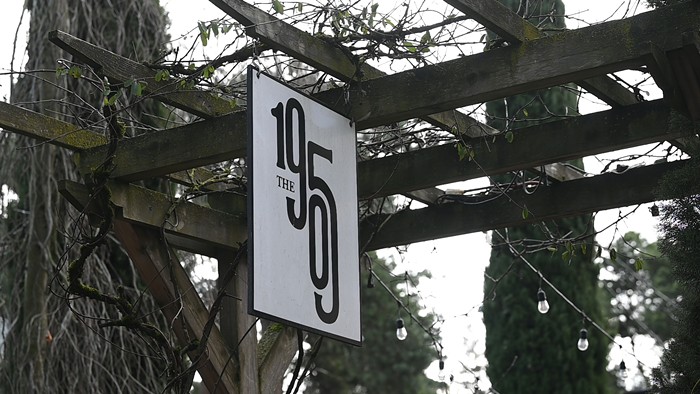Dolly Parton is the ultimate American.
Which is not to say that she's the best American, or America's favorite American, or all that is typical to most Americans. No, Dolly is the ultimate American because she embodies so much of what is America and what it stands for. She is America's glittering, oversized persona. Parton is a 1,000-watt tower of make-up, wigs, sequins, and surgery. Like Elvis, she wears her jumpsuits without a shred of irony, and quips, "It costs a lotta money to look this cheap." Which is part of the point: To most Americans, the right amount—of money, yard space, anything really—is always the most. At the same time, it's merely tangential—our cars, or her breasts. They're just accessories to something more substantive.
The woman's been steadfast in her Dollyness, too: Not once has she gone the Madonna route of reinvention. Dolly is who she is, and as Americans we want what we want. Sometimes it has served her—and us—well, other times not so much. Over time it's only gotten truer that Dolly Parton has become the First Lady of American-ness.
That doesn't explain, though, why this week's concert at the Rose Quarter will be sprinkled with fashionable young folks amid the coiffed middle-aged ladies. Somehow, Dolly Parton has earned a place at the cool kids' table of country music, dining alongside Johnny Cash, Willie Nelson, and Patsy Cline. Cash and Cline were moody and mysterious, their voices deep and immediately soulful, while Willie Nelson has smoked enough pot and marched enough protests to make himself a country anti-hero of sorts. But Dolly? Dolly Parton has... a theme park. Her voice is twangy, and her songs are poppy, mainline country tunes, always straightforward in their themes—missing home, sturdy boots, love, work, and folksy advice. Even in impossibly sad songs like "Better Part of Life" or "Down from Dover" her trademark warble is crisp and bright. Her lyrics are plaintive—"And Daddy's two hard-working hands/they're callous and they're sore/And Daddy's workin' boots/have walked a million miles or more"—but the woman's voice is deceptively complex. Somehow, Dolly's glitzy, over-the-top persona has made her cool, in spite of, or perhaps because of, her never having changed a damn thing. You believe her, regardless of whether you like her.
And to discuss "Jolene" is to take the easy way out, but at its core the song is a completely different sort of everyman tale, relatable because the singer is so un-Dolly, so pathetic and helpless. Her voice is resilient as ever, but she's begging for mercy from a prettier girl, pleading to keep the man she knows doesn't want to be kept. The more she wails, "Now I could easily understand/how you could easily take my man," the more "Jolene" becomes a sort of meritocracy number, cruelly aware that if Jolene were to steal that man, well, there wouldn't be much Dolly could say about it.
It's all an overblown metaphor, of course, a little obvious, a little grand, and a little romantic. But then again, so is Dolly Parton.



















